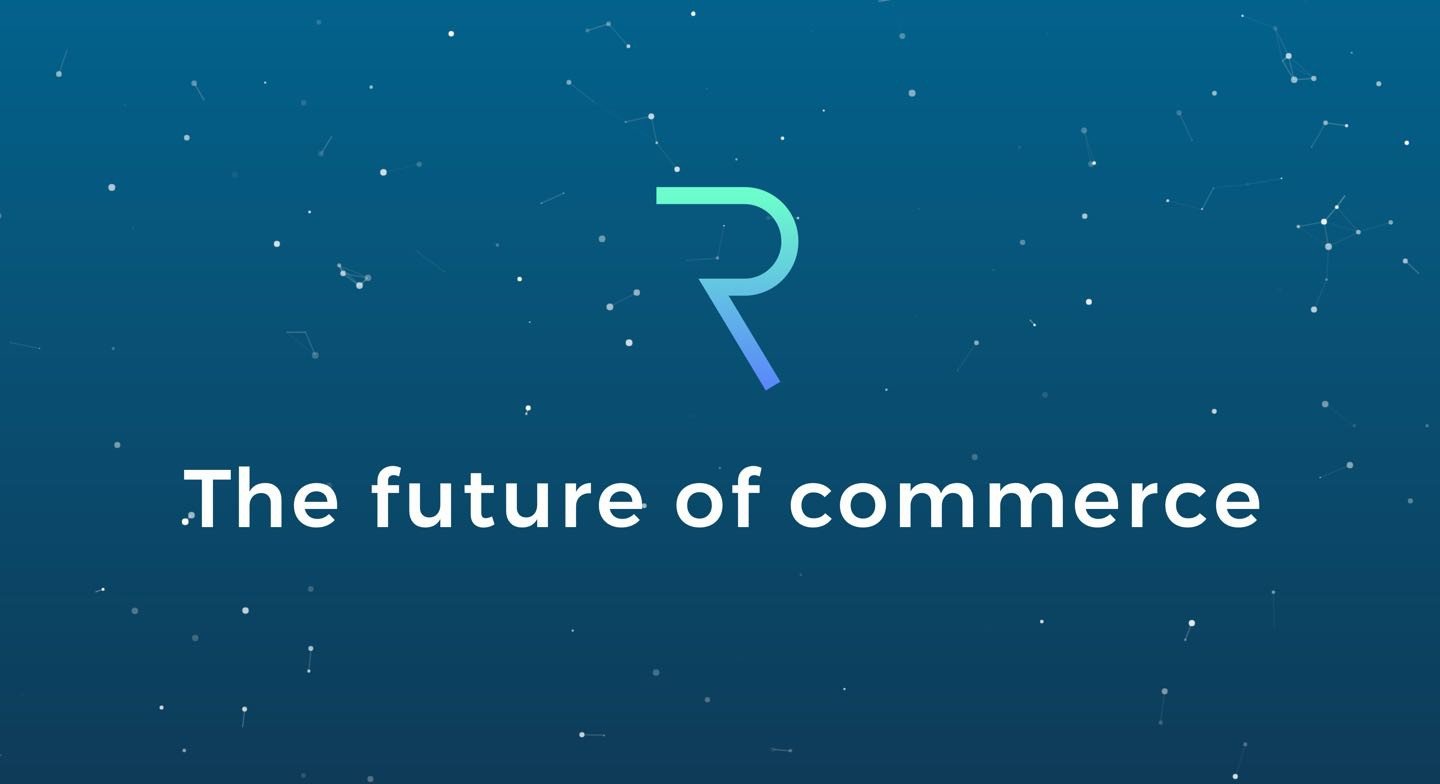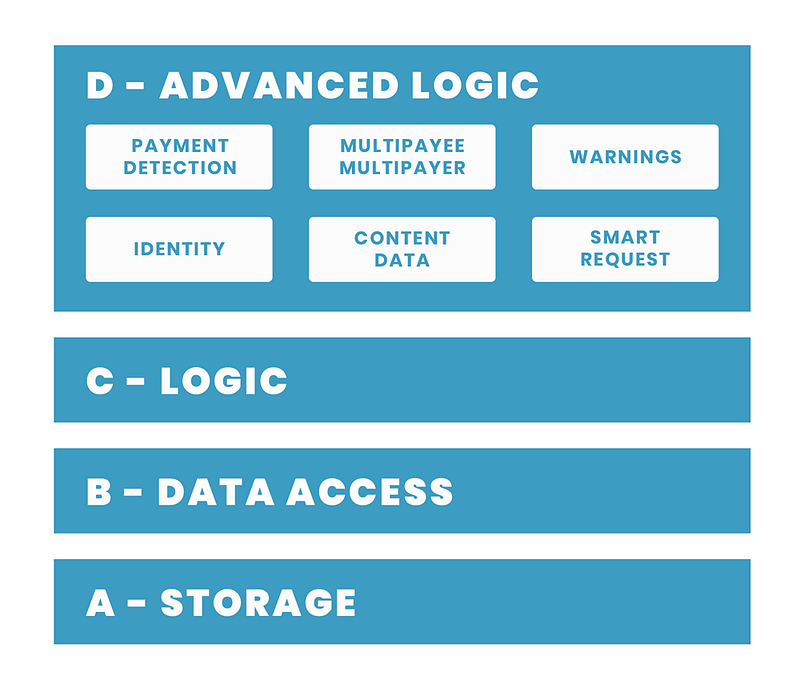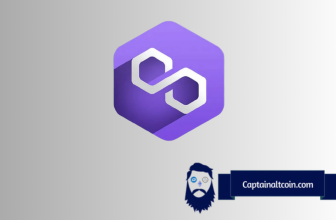
Often referred to as “PayPal 2.0,” Request Network is a new type of payment system platform that allows anyone to request a payment (a Request Invoice) for which the recipient can pay in a secure way.
It is built on top of the Ethereum network, making it an ERC20 token. All of the information is stored in a decentralized authentic ledger. This results in cheaper, easier, and more secure payments. It also allows for a wide range of automation possibilities.
Request Network is a decentralized platform that enables anyone to request P2P payments, and makes business to business or business to client invoicing easier and cheaper as well. Request Network will definitely impact existing online payment systems such as PayPal, Stripe and powerhouse credit cards institutions (like Visa, MasterCard, etc.) by providing a cheaper and faster alternative.
Another thing to note here is that the Request Network is designed to work with any currency, fiat and crypto, and the receiver can decide to receive it in a specific currency.
What you'll learn 👉
v2 of the protocol
In v2 of the protocol, Request Network will support invoices in any currency. This means that the Request Network can be used to create and share a USD invoice. This is the base layer, the universal database for invoice. To add more value to this database for invoices, the network should also be capable to link payments with invoices automatically.
v2.0 of the protocl will be publicly released once completed and successfully integrated with an app. We estimate the release to happen during Q1 2019.
In v2, all data is stored on a decentralized storage solution (IPFS) and the consensus is reached on an Ethereum smart contract through a hash of the IPFS data. Storing only hashes on Ethereum lowers costs while keeping a secure proof. Having no request data on Ethereum enables total encryption of the requests.
The protocol v1 natively handles multi-payee and multi-payer.This feature is used too infrequently to justify having it in the core of the logic. In v2, it will be an extension, which will make the core logic lighter and easier to understand for the users of the protocol.
The protocol is designed as modular blocks, that will enable easy upgradability.
The architecture is designed in layers. A layered architecture has several advantages, the biggest in our case is changeability: swapping the implementation of a layer with another one without touching the others enable iterative development.

Role of the REQ token
Community trust lost
Sources:






